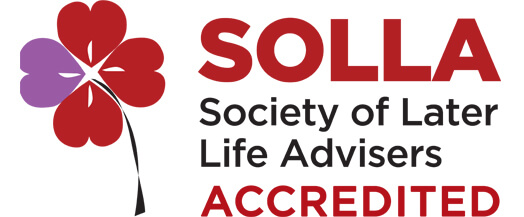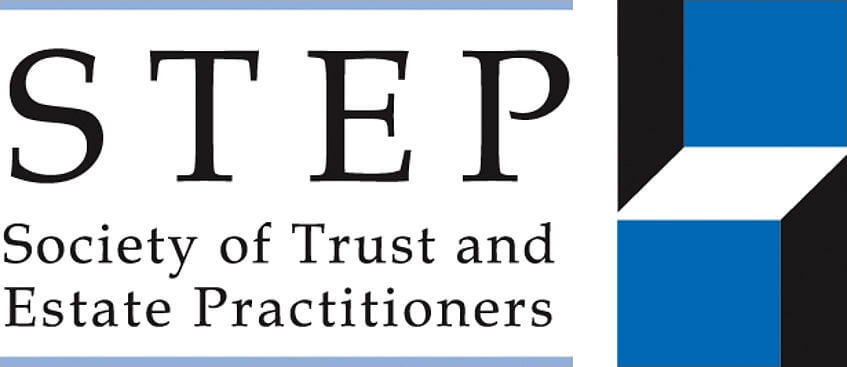Whilst a godsend for borrowers and people with large mortgages, low interest rates pose a real challenge for savers and pensioners. So, it is no surprise that this is one of the most frequent questions I am asked.
The first step is to make a plan and consider:
- How much cash do I need to cover contingencies?
- How much income do I need from my savings to cover expenditure?
- What access do I require to my savings? Could some money be tied up?
- How much risk am I willing to take with my savings? Could I tolerate a fall in income or a loss of capital in return for greater potential growth or a higher level of income?
- How can I best minimise tax and costs?
Dipping a toe in the water, many savers may consider structured products, which offer higher prospective returns than a deposit account and often some capital protection. However, cash generally has to be tied up for several years, the risks are not always easily understood, and they have a chequered history of being sold by commission-driven financial advisers.
Fortunately, there are lots of options to boost your income – bonds, equities, property and alternatives. Whilst there is no silver bullet, in combination they can deliver attractive return.
Direct bonds or bond funds can provide a reasonably steady income of 4-5%, but unlike cash savings, capital is not secure. There is talk of a bubble in bond markets, so some caution is warranted. However, returns are likely to remain competitive with cash for the foreseeable future and index-linked gilts are a good way of protecting against the risk of higher inflation over the coming years.
As we all know, equities or shares offer a rollercoaster ride. However, there is currently a good crop of large FTSE-100 companies paying dividends of 4% or more underpinned with solid profits and growth potential. Investment trusts can be a good way to access even higher dividends.
Buy-to-Let property is a popular option, but the returns can be disappointing. Commercial property has been through a torrid time and great care is needed even at today’s prices. There are a number of property funds and Real Estate Investment Trusts offering yields of around 5%, which may be worth considering.
Finally, alternative investments, such as infrastructure, Venture Capital Trusts (VCTs) and Zero Dividend Preference Shares can play a valuable peripheral role in enhancing returns, although they require specialist advice to ensure they are suitable for a client’s circumstances. VCTs for instance, pay tax-free dividends and can yield in excess of 7% pa.
In summary, it is possible to continue to enjoy an income of 4-5% pa from your savings and guard against the effects of inflation. However, it requires planning and creativity to balance income and growth potential with personal time horizons, tax and careful risk management.
[Matthew Clark, Western Morning News, 4 April 2013]







